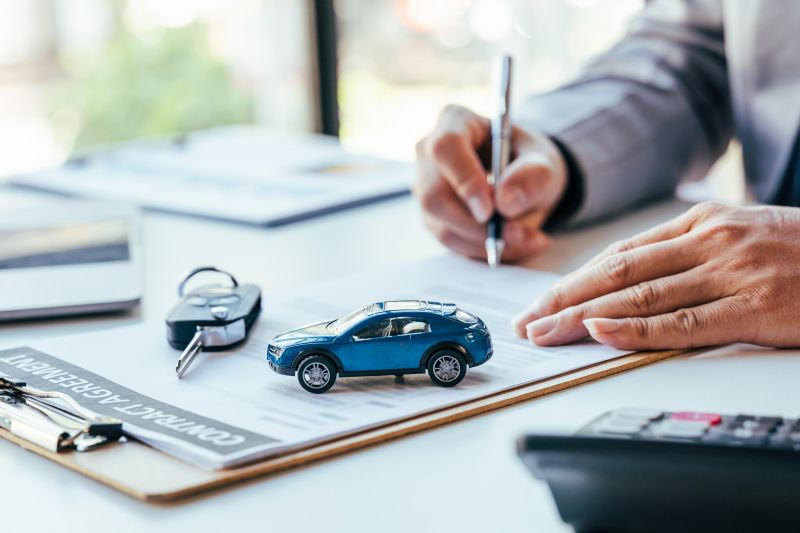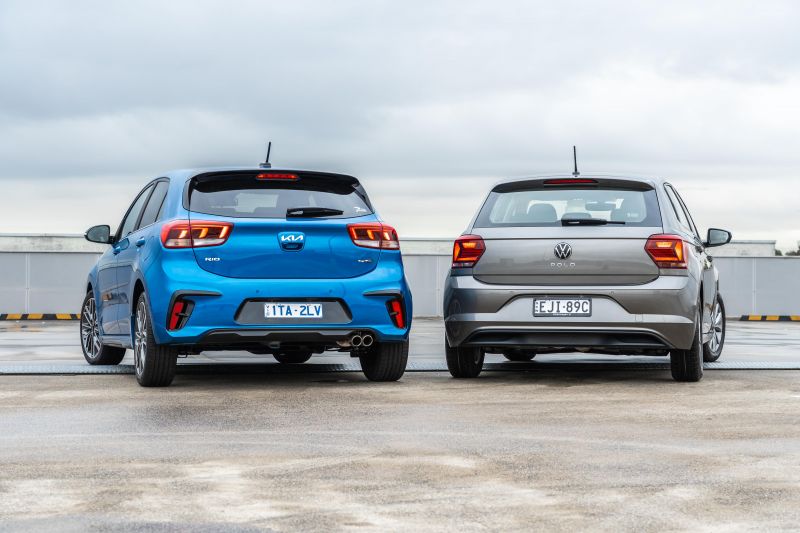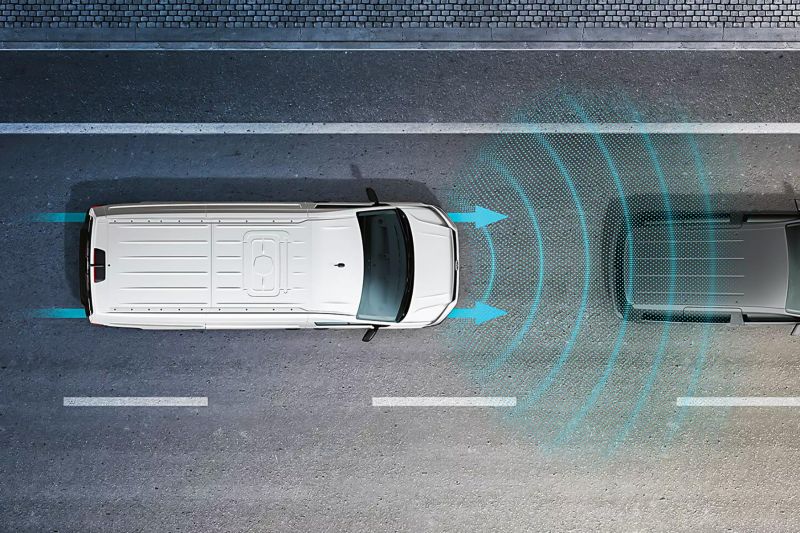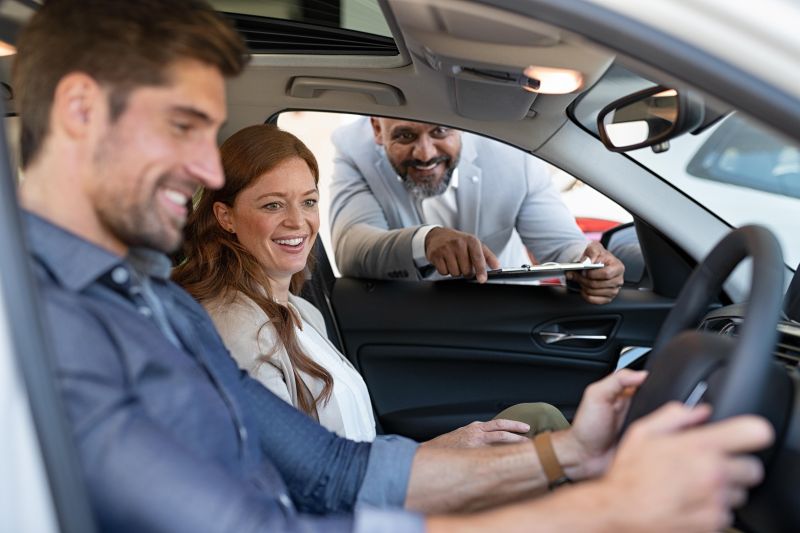You never forget your first.
Whether you were 16 with a fresh licence or 30 and looking for a family vehicle, the new car-buying experience – from daydreaming to purchasing – is one for the books.
However, diving head first into the car-buying journey with the desire for a BMW iX2 or a stocky Land Rover Defender may not be best practice. In fact, diving head first into anything is never best practice.
Thorough research, patience, and knowing your needs and wants, are a few ways to make your first-car buying experience unforgettable. Here are our best tips for buying your first car.
Research before you buy
There’s no use walking into a car dealership or even chatting to a used-car seller if you don’t know what you want.
Look at the vehicles you’re drawn to and make note of your likes and dislikes. Is it easy to maintain? Do you need a lot of boot space? Is its price easier on your wallet? Are you a fan of it because of your family and friends? Can you it withstand grocery runs or your friends piled in the back?
Also, brush up on the maintenance and ownership costs of your preferred vehicle before viewing it at a dealership or seller. That way you have a better understanding of how much you’re paying in the long run and know what you’re in for.
Most brands offer capped-price servicing, allowing you to budget more carefully for the annual cost of your new car. Some also offer service packages that can be bundled into the purchase price of the car, which means they can be included in finance.
Some companies, like Audi and Skoda, offer capped-price servicing and extended warranties or service packages for their older models as well.
If you’re already familiar with the post-purchase or maintenance costs, you can’t be conned into thinking anything else. Remember, it’s never just the initial price, but the costs that come after purchasing a car that matter.
And if you’re starting from scratch and don’t know what you like or dislike about certain vehicles, our car chooser tool can help you out.
Look at similar car models
Your first car isn’t necessarily going to be your dream car. In fact, most of the time our first cars are practical and easy to maintain – so keep that in mind.
While you might have your heart set on a particular car, look at similar models from different manufacturers. This ensures you have a better understanding of the market and know if you’re getting bang for your buck.
If you’re planning on buying a brand-new car, compare the specialisations of your preferred vehicle to similar makes and models from other manufacturers.
Sometimes you discover a gem of a car, with awesome specs for slightly cheaper… emphasis on the sometimes.
Use the car comparison tool on our showroom pages (like this one here) to build your own head-to-head, and work out what works best for you.
Set a clear and strict budget
As we said earlier, your first car is meant to be practical and easy to maintain, so before any perusing occurs, decide on a budget that works for you.
When you’re deciding on a budget, account for immediate ownership and possible maintenance costs that may hit your wallet hard. If you’re thinking of purchasing a second-hand car and jazzing it up, give yourself extra (monetary) cushioning for any changes you’re planning to make.
Most of the time, the deciding factor when purchasing a car is the price.
Even if you’re financing a vehicle, ensure you’re comfortable with the repayment structure and take into account regular maintenance costs. Safety is the most important consideration for new drivers and first-time car buyers.
While sticking to an affordable budget may be better for your pocket, newer makes and models – that sometimes require a little extra dough – include a number of high-tech safety features that ensure a smoother, safer drive.
They’re especially beneficial if you’re new to the road.
Test drive with an unbiased person
The whole car buying experience is exciting, and at times overwhelming. Your weekends are spent test-driving while your weekdays are occupied with writing pros and cons lists.
An impartial friend or family member will reel you back to reality when you’re caught up in the excitement of the new car or the niceties of the dealer.
Bonus points if your test-driving buddy has already been through the buying process – their words of wisdom will come in handy.
Ask questions
If you don’t ask questions, you won’t get answers. If there’s something about the vehicle that confuses you, intrigues you, or even makes you question the price, ask it!
There’s nothing worse than noticing something odd on the car and it evolving into a bigger problem once you’ve purchased it.
For brand-spanking new vehicles, there’s a warranty period attributed to the vehicle when you purchase it – to find out more on car warranty, click here.
Whether you’re viewing a used or brand new vehicle, here are a few questions to consider:
- What is the fuel consumption rate?
- Have there been any recent mechanical issues?
- What is it like to maintain this make/model?
- How easy is the car to clean? Is it best to get it detailed?
- Is the logbook up-to-date? (Ask for used cars)
If you’re not comfortable asking these or similar questions to a seller or dealer, ask a family or friend for their knowledge and opinion, or check out our collection of expert car reviews.









